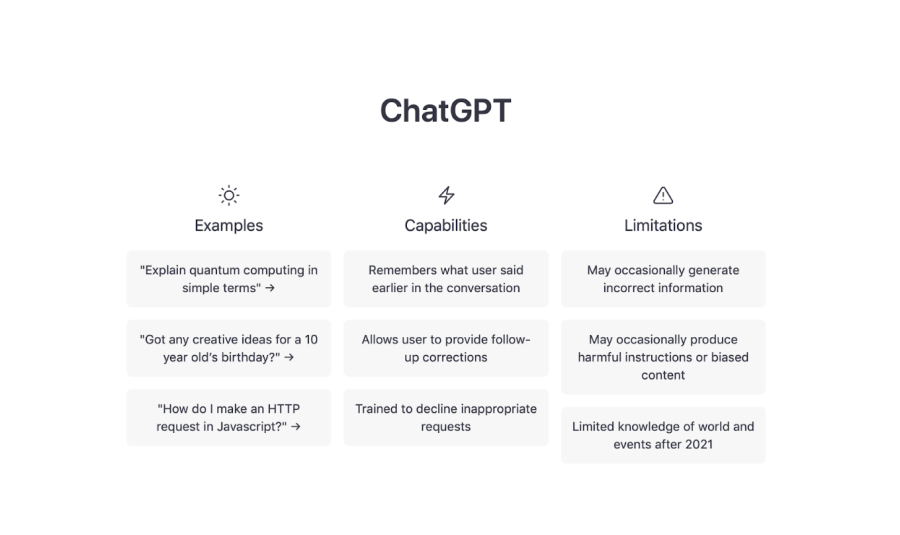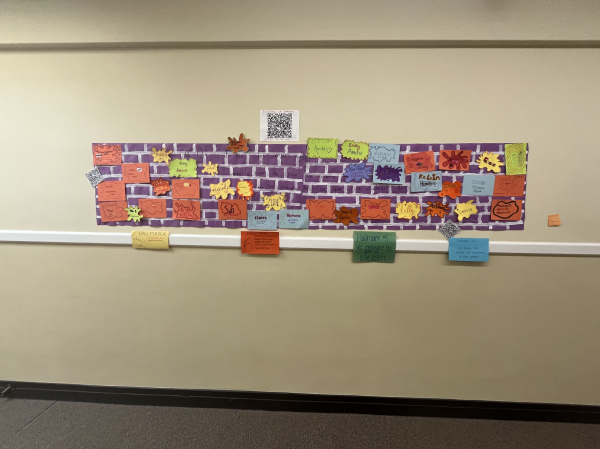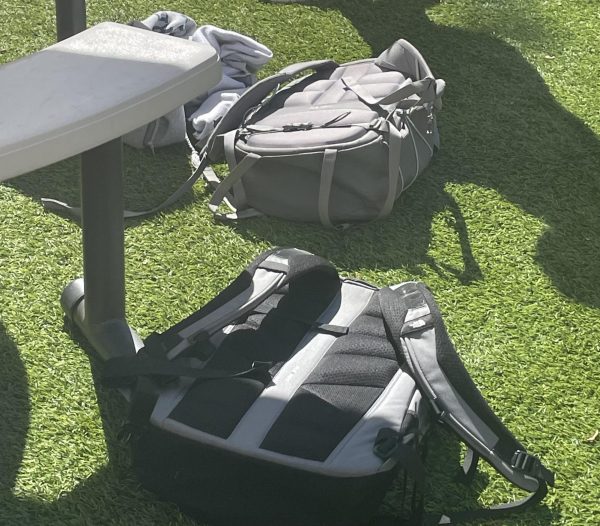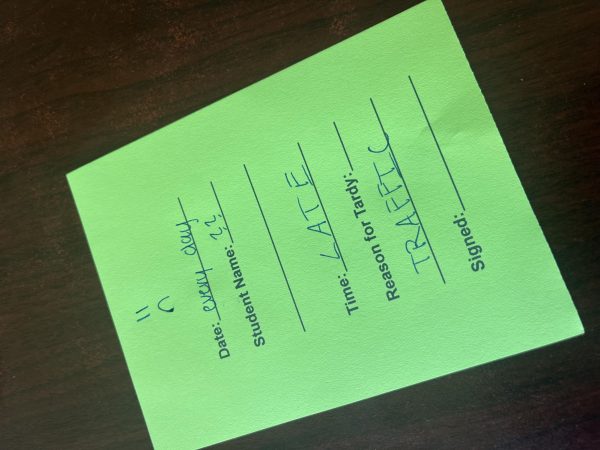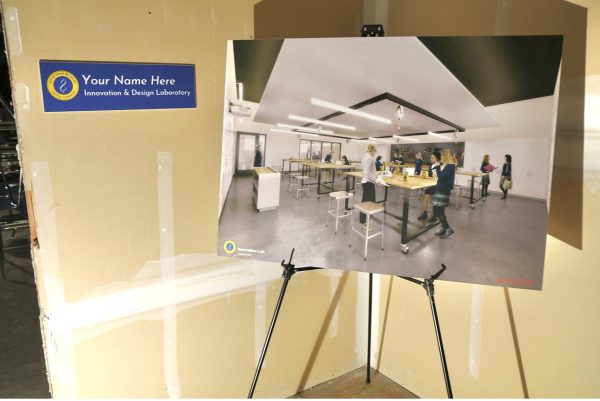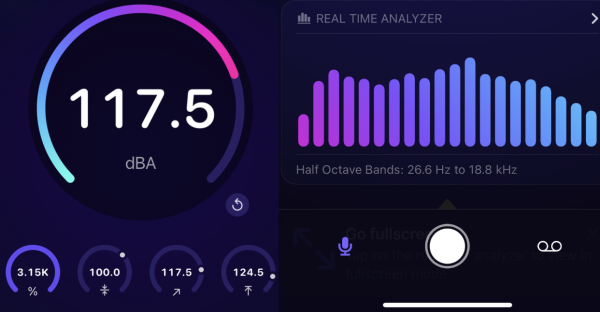ChatGPT poses ethical challenges in education
The Catalyst / SCREENSHOT OF CHATGPT
ChatGPT can answer virtually anything, mimicking the thoughts of students and allowing them to easily plagiarize.
As technology has evolved, so has the way students learn in the classroom. Greater access to the internet has allowed for better communication between teachers and students, convenient platforms for submitting assignments, and most importantly, a world of online resources to improve research. The recent technological breakthroughs in artificial intelligence (AI), however, have begun to tempt students with the possibility of doing less work themselves, creating several ethical dilemmas. So, is seeking help from AI chatbots such as ChatGPT more of a curse than a blessing for high school students today?
ChatGPT is an AI chatbot designed by OpenAI that launched in late 2022. It is designed to understand and process the human language and compute human-like responses. The application can respond to conversation-starters and general questions, but the most common use of ChatGPT among high school students is to answer homework questions. It can solve complex math and science problems and provide detailed explanations. Additionally, with its ability to produce student-like writing in record time, it has been a common method of plagiarism.
For the last few months, students everywhere have been able to turn to AI technology to fulfill their essay-writing responsibilities. ChatGPT relies on data found online to generate research papers and responses to AP essay prompts, among other things. In some cases, it has been able to craft strikingly personal college admissions essays. To students, especially those in high school, the ability to uphold a strong and personal writer’s voice is essential, and allowing AI to take over jeopardizes that. It is important that students learn how to communicate their thoughts and ideas effectively to the world around them, and with ChatGPT so accessible, that skill is becoming less and less valuable.
In addition to depriving students of their voice, ChatGPT trains students to opt for the easy way out which decreases work ethic and encourages academic dishonesty. A student’s time in high school is meant to establish professional qualities as well as life skills to prepare them for their future in college or the workplace. Facing academic challenges helps to develop problem-solving skills and perseverance, which would be lost if students continue to use AI to complete their work.
Due to the development of AI chatbots and technology in general, certain staples in education have become obsolete. For example, students no longer need to use hard-copy textbooks or read paperback novels, and in science classes, they can use online, rather than in-person demonstrations to show them the results of experiments. These changes have prompted the fear that human abilities are being transformed or weakened by the development of computers. Specifically in the classroom, losing human connection to a student’s work has significant consequences.
In the world of education, these recent developments in technology should be groundbreaking. Students should be using AI to improve the way they learn, without cheating or losing academic integrity. Applications like Grammarly and Photomath, for example, are used to enhance student learning and assist them without giving them the opportunity to cheat or plagiarize. So, Tigers, although it may be tempting to turn to AI to lighten the load, letting a chatbot do our homework is plagiarism, too.
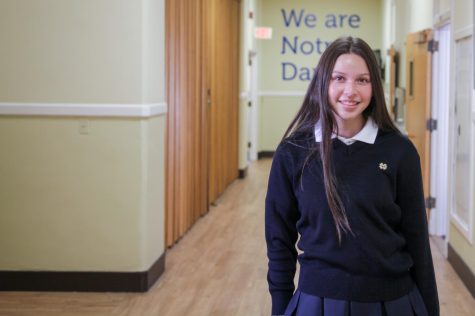
Molly Phan is a senior at NDB and it is her third year with The Catalyst. She was involved in the journalism club her sophomore year and served as the...

